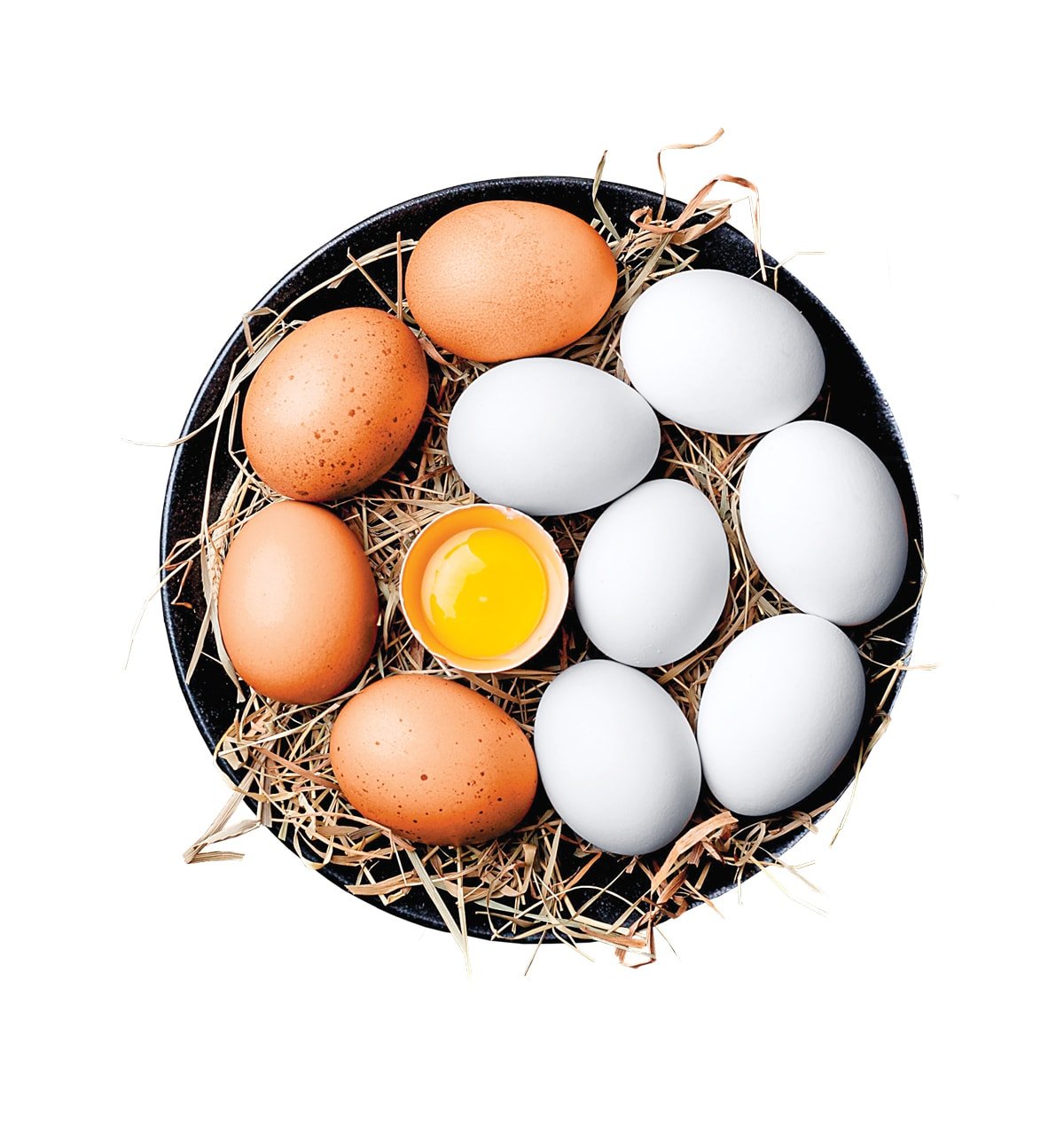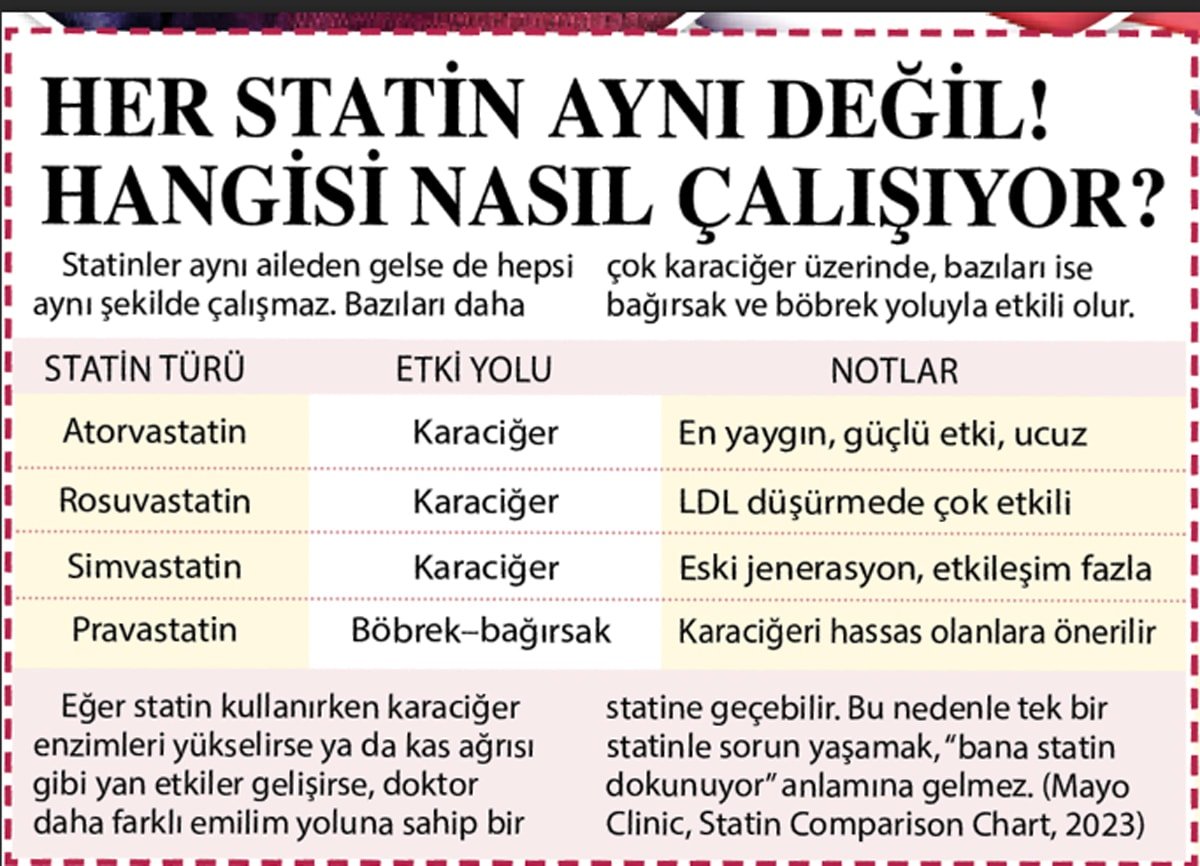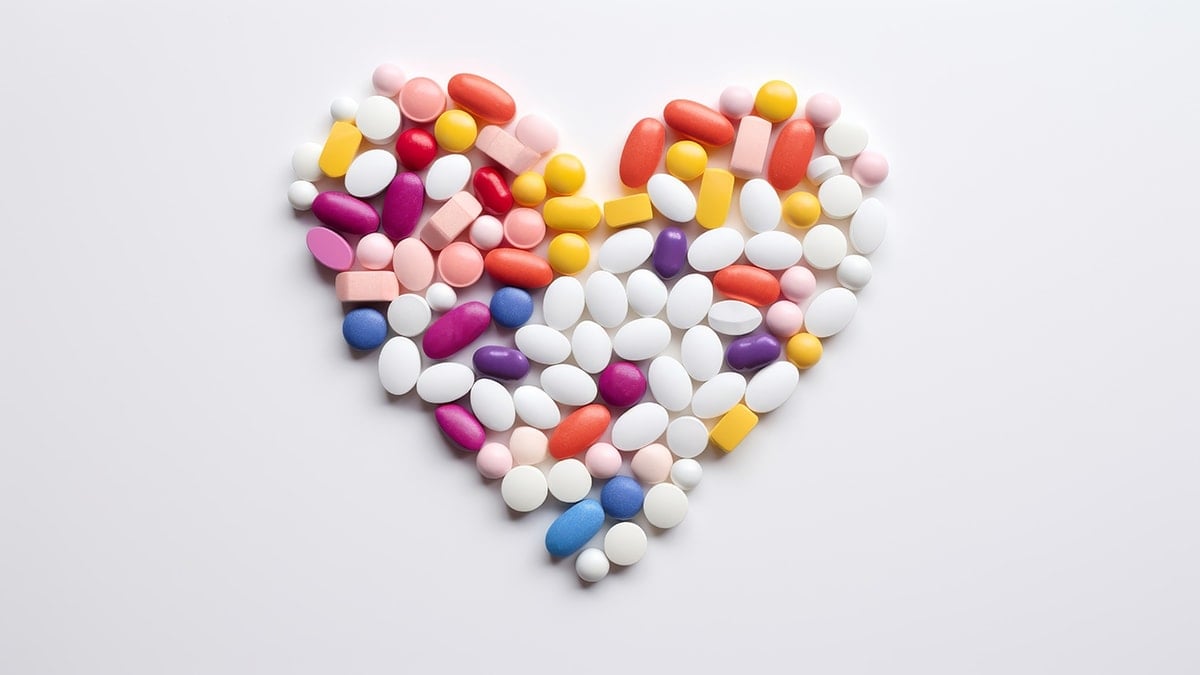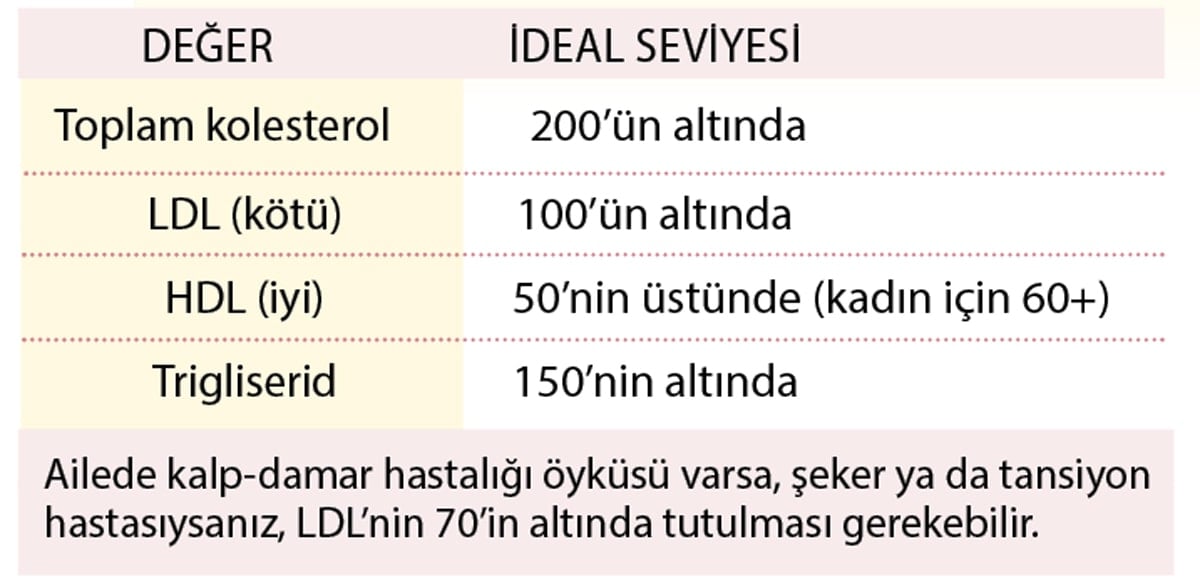Cholesterol: Enemy or Balance?

What is cholesterol and why does it increase?
Cholesterol is a waxy type of fat found in every cell in the body. The liver produces cholesterol; it is also obtained from animal foods. It plays a role in cell membrane structure, hormone production, and bile acid synthesis. Life is impossible without it. However, when cholesterol levels in the blood become too high, problems arise. The excess accumulates in the walls of arteries, forming plaque. These plaques lead to narrowing, hardening, and ultimately blockage. (American Heart Association, 2024)
Eggs, butter, cheese... Which one is the culprit?
For years, eggs were treated as a scapegoat. However, current studies show that healthy individuals can consume one whole egg a day. This is because the cholesterol in eggs alone doesn't raise blood cholesterol levels. Saturated fats and trans fats are more likely to blame. Saturated fats like butter, lard, and margarine, when consumed in excess, raise LDL. Trans fats found in fried foods both raise LDL and lower HDL. (British Medical Journal, 2022)

HDL, LDL, triglycerides... What's the difference between these terms?
Cholesterol is classified according to its transport method: - HDL (good cholesterol): Carries excess cholesterol from the blood vessels to the liver. It cleans the blood vessels. - LDL (bad cholesterol): This is the particle that carries cholesterol to the blood vessels. Excess cholesterol sticks to the blood vessel walls.
- Triglycerides: These are fats in the blood. They rise with excess sugar, alcohol, and carbohydrates. The enemy isn't cholesterol, but the levels that disrupt the balance.
For example, if LDL is high but HDL is also high, the risk decreases somewhat. If HDL is low, the risk increases, even if LDL is normal. (Cleveland Clinic, Lipid Guidelines, 2023)

5 sneaky signs of high cholesterol
High cholesterol usually doesn't cause symptoms. However, some body signals can be noticeable: - Yellowish fatty deposits (xanthelasma) around the eyes - A cramping sensation in the legs when walking - Erectile dysfunction in men - Chest pain or a feeling of tightness - Fatigue and shortness of breath
Checking before these symptoms appear is essential. It is recommended that everyone over the age of 50 have a complete lipid profile at least once a year. (American College of Cardiology, 2024)

5 basic cholesterol-friendly habits
1- Increase fiber foods: Oats, chickpeas, apples, chard, flaxseed 2- Choose omega-3 oils: Walnuts, purslane, mackerel, sardines 3- Boil, grill, steam instead of frying 4- Walk 30 minutes a day
5- Get rid of excess weight: Every 5-pound loss can lower LDL by 8–10 mg. (Harvard Health Publishing, 2022)
What number should you pay attention to in a blood test?
Looking at just the total cholesterol level in a cholesterol test is misleading. The following values should be considered together:

Statins: Necessary or excess?
Cholesterol-lowering medications, especially statins, effectively reduce LDL levels. They also prevent inflammation of plaque in the arteries. This not only reduces fat but also protects against heart attacks. However, not every patient with high cholesterol is prescribed a statin. Risk assessment is important: decisions are made based on factors such as age, blood pressure, diabetes, and smoking. (Mayo Clinic, Statins Explained, 2023)
While there are concerns among the public that it "damages the liver," serious harm is rare with regular monitoring. When used under a doctor's supervision, the benefits outweigh the risks.
Do statins lower libido?
Some people taking statins have reported decreased libido, erectile dysfunction, or general fatigue. However, whether these effects are directly related to the statin or to existing vascular problems remains controversial. Cholesterol plays a role in testosterone production in the body. Statins may indirectly suppress this production. However, most studies have shown that cases of decreased libido are few and temporary. (Cleveland Clinic, Statins and Sexual Health, 2023)
This risk may be slightly increased, particularly in individuals taking high doses of statins, in older adults, or in those with underlying health conditions. In these cases, dose adjustments or switching to another statin are possible.
TOMORROW:
- Is aspirin still recommended at all ages? - Natural blood thinners: Do pomegranate, turmeric, omega-3 work? - Who should not be left without medication for clogged arteries?
- Scientific answers to the question “Will I get a blood clot?”
SÖZCÜ





